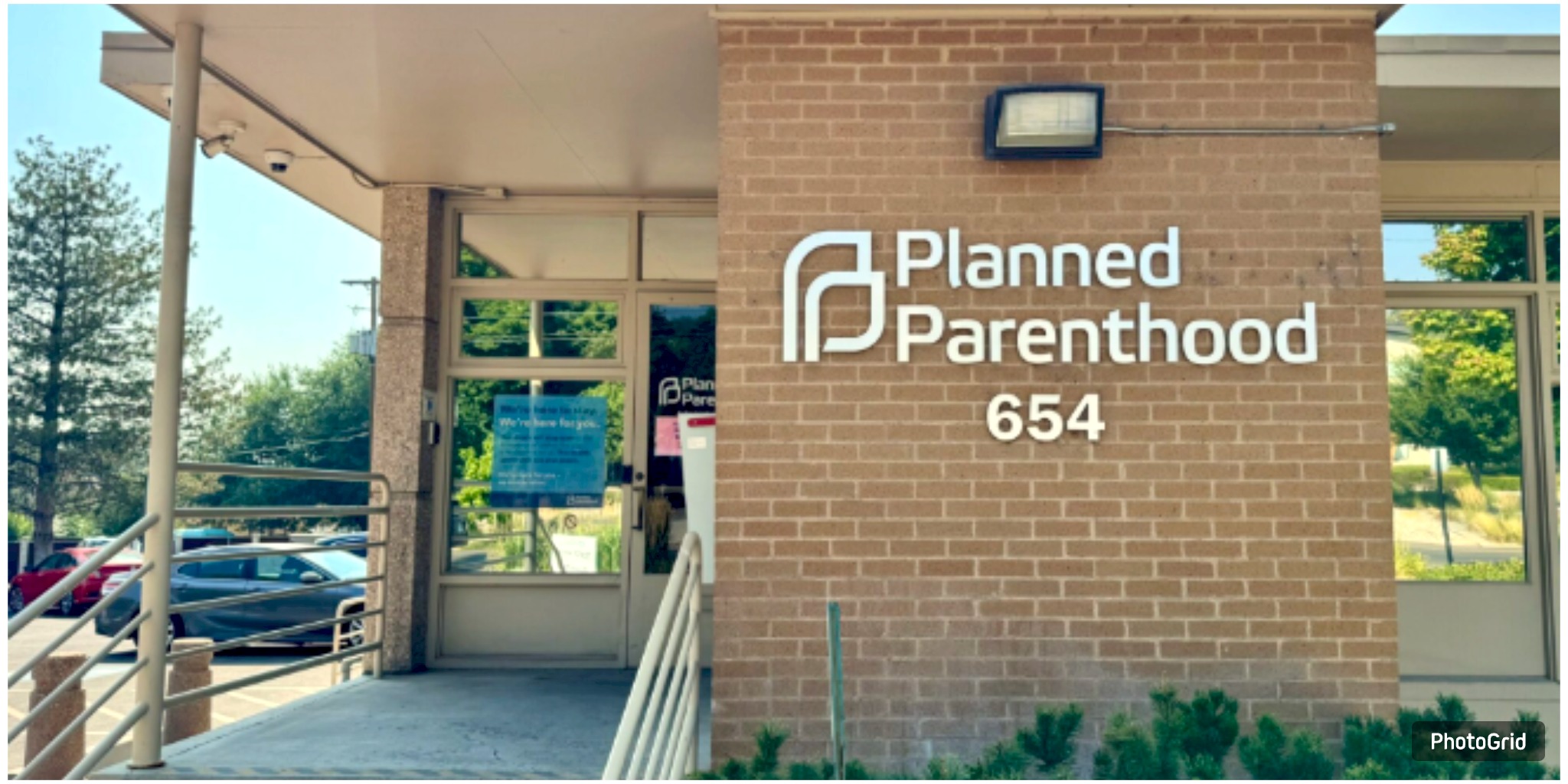


Following the recent enactment of a federal ban on Medicaid reimbursements, Planned Parenthood faces significant challenges in delivering essential reproductive and preventive care. Experts warn that this decision could jeopardize the stability of the country’s healthcare safety net.
A report released on Wednesday in JAMA revealed that Planned Parenthood clinics managed over 1.5 million visits from Medicaid patients in 2024. A recent development stemming from the tax and spending package approved in July under former President Donald Trump introduces a ban that prevents the organization from obtaining Medicaid reimbursements. A lawsuit from Planned Parenthood has led to a federal judge temporarily blocking the measure.
The proposed ban stands to restrict access to essential services such as contraception, cancer screenings, and testing for sexually transmitted infections, with a particularly adverse impact on low-income Americans. “Other providers simply cannot fill the role that Planned Parenthood has played in the safety net,” stated Kari White, lead author of the study and executive director at Resound Research for Reproductive Health.
In Texas, a decision made over a decade ago to exclude Planned Parenthood from Medicaid caused a significant decline in the placement of contraceptive implants and IUDs, which dropped by more than a third. Meanwhile, the number of births covered by Medicaid increased by nearly a third. Comparable trends may unfold across the country.
Approximately 80 million individuals in the United States are enrolled in Medicaid, with 11% of female beneficiaries aged 15 to 49 depending on Planned Parenthood for essential family-planning services, as reported by the nonprofit KFF. States with substantial Medicaid enrollment, like California, will experience particularly pronounced effects.
In Southern California, nearly 50% of patients at Planned Parenthood of Orange and San Bernardino Counties rely on Medicaid for their healthcare needs. The potential loss of reimbursements poses a significant risk to the affiliate, jeopardizing approximately $50 million, which constitutes half of its budget. This financial setback could endanger vital services, such as STI testing, which identified over 1,500 syphilis cases and nearly 400 trichomoniasis infections among pregnant women last year.
"The affiliate is prepared to accept a rise in STIs and a possible increase in cancer rates as part of their efforts to eliminate abortion," stated Nichole Ramirez, a senior vice president at the organization.
Despite the prohibition on using federal funds for the majority of abortions, critics have focused their efforts on Planned Parenthood’s extensive healthcare services, viewing them as a key element in the ongoing political battle to limit access to abortion.
















From breaking news to thought-provoking opinion pieces, our newsletter keeps you informed and engaged with what matters most. Subscribe today and join our community of readers staying ahead of the curve.